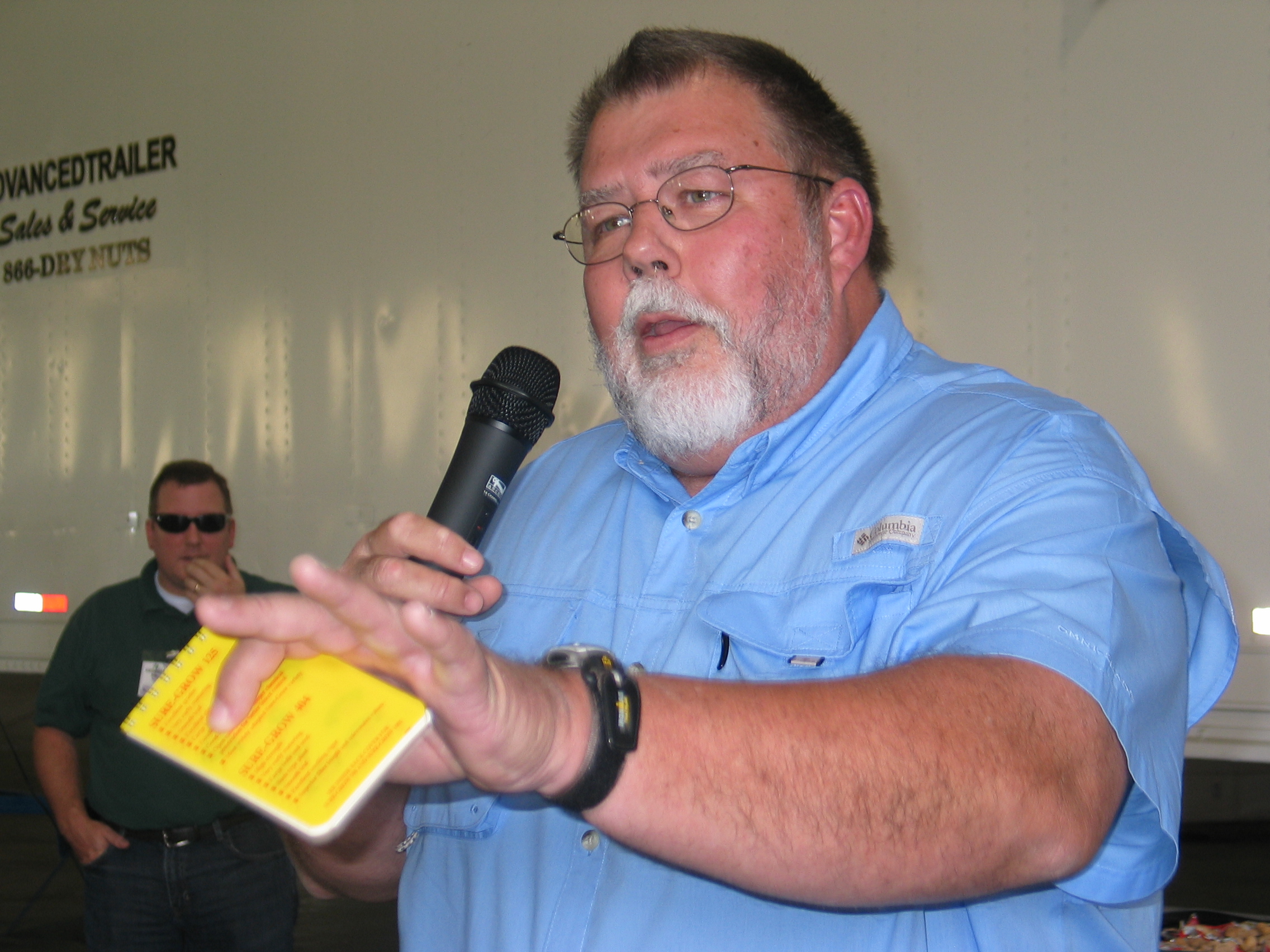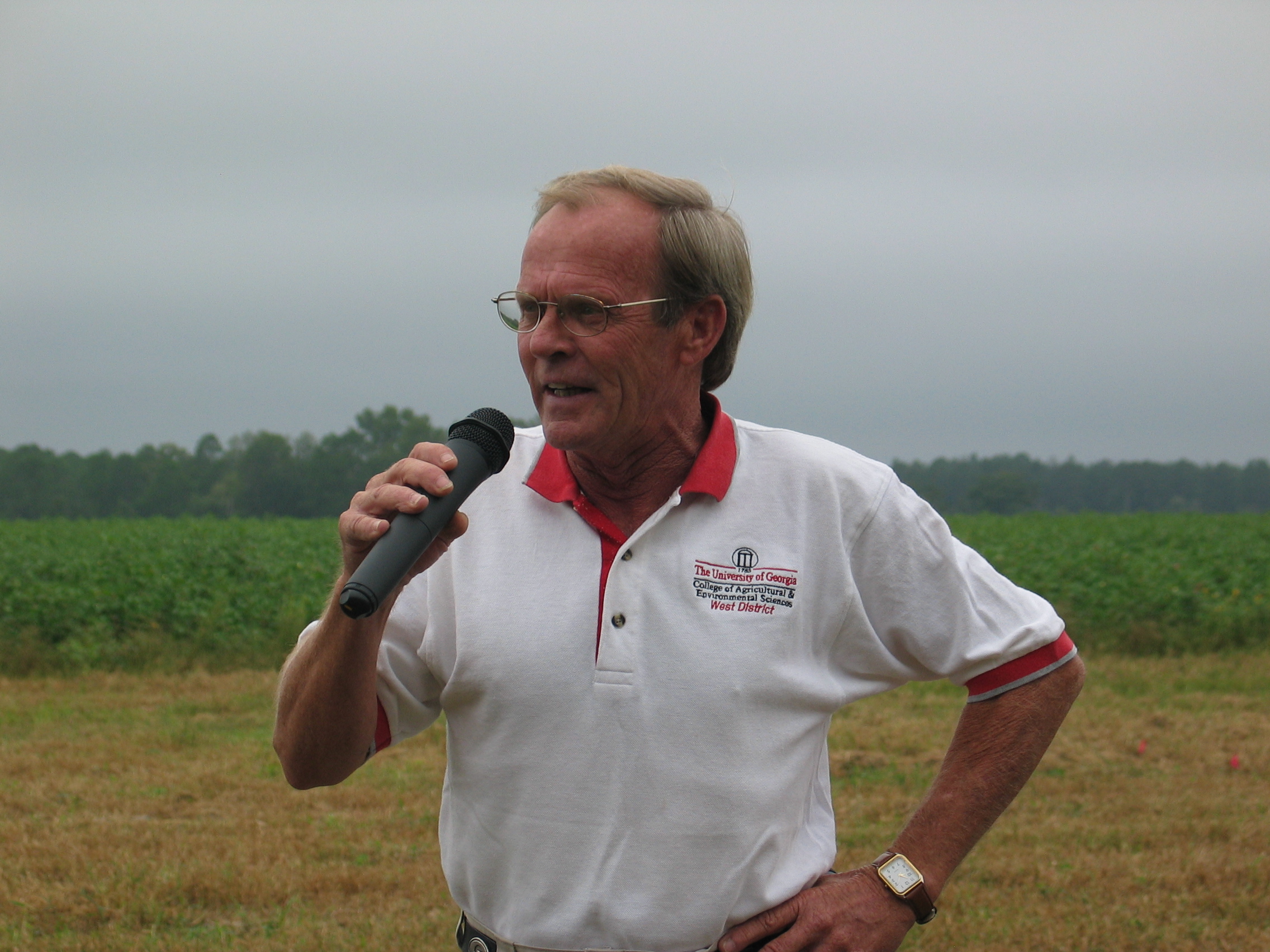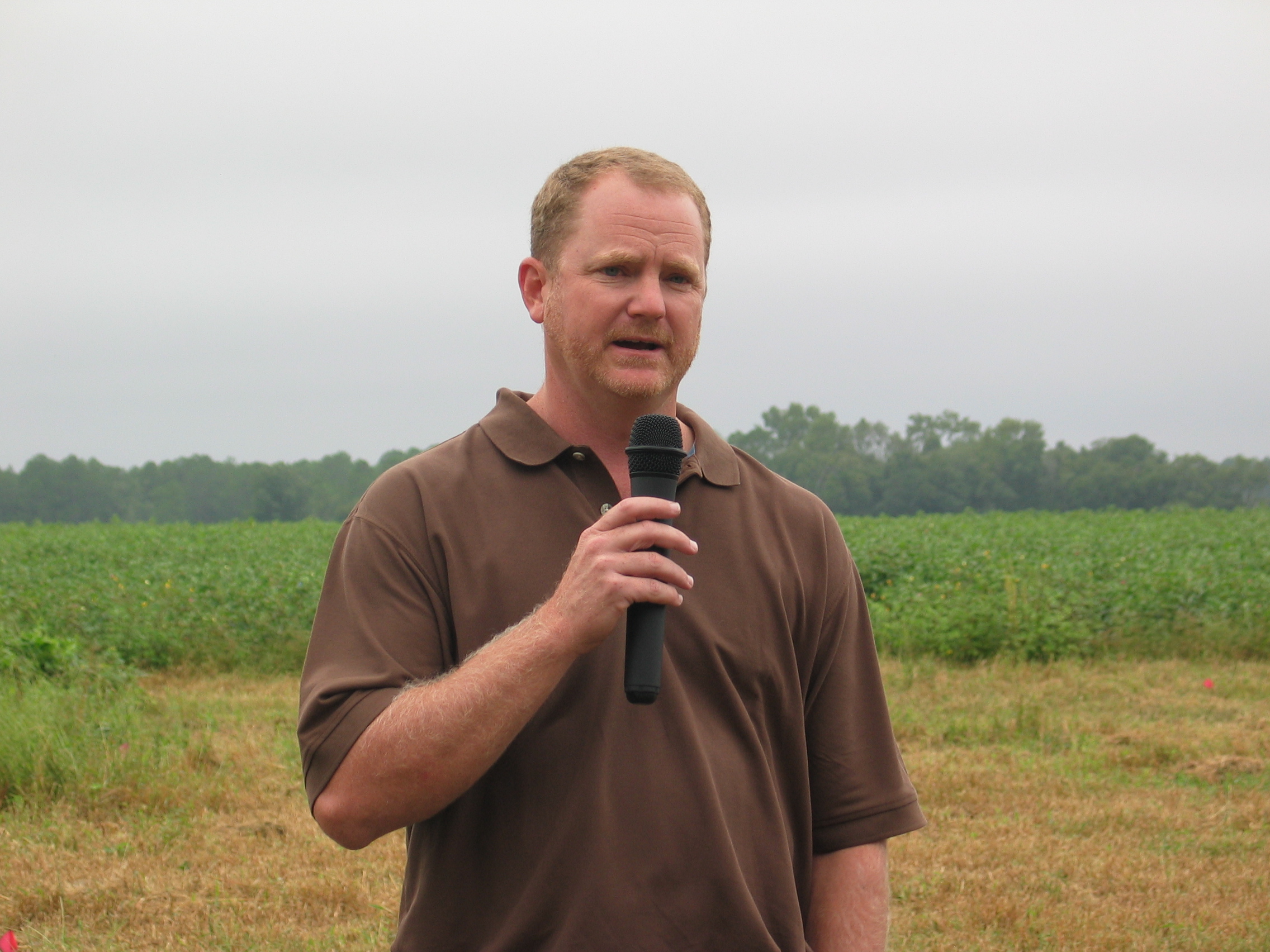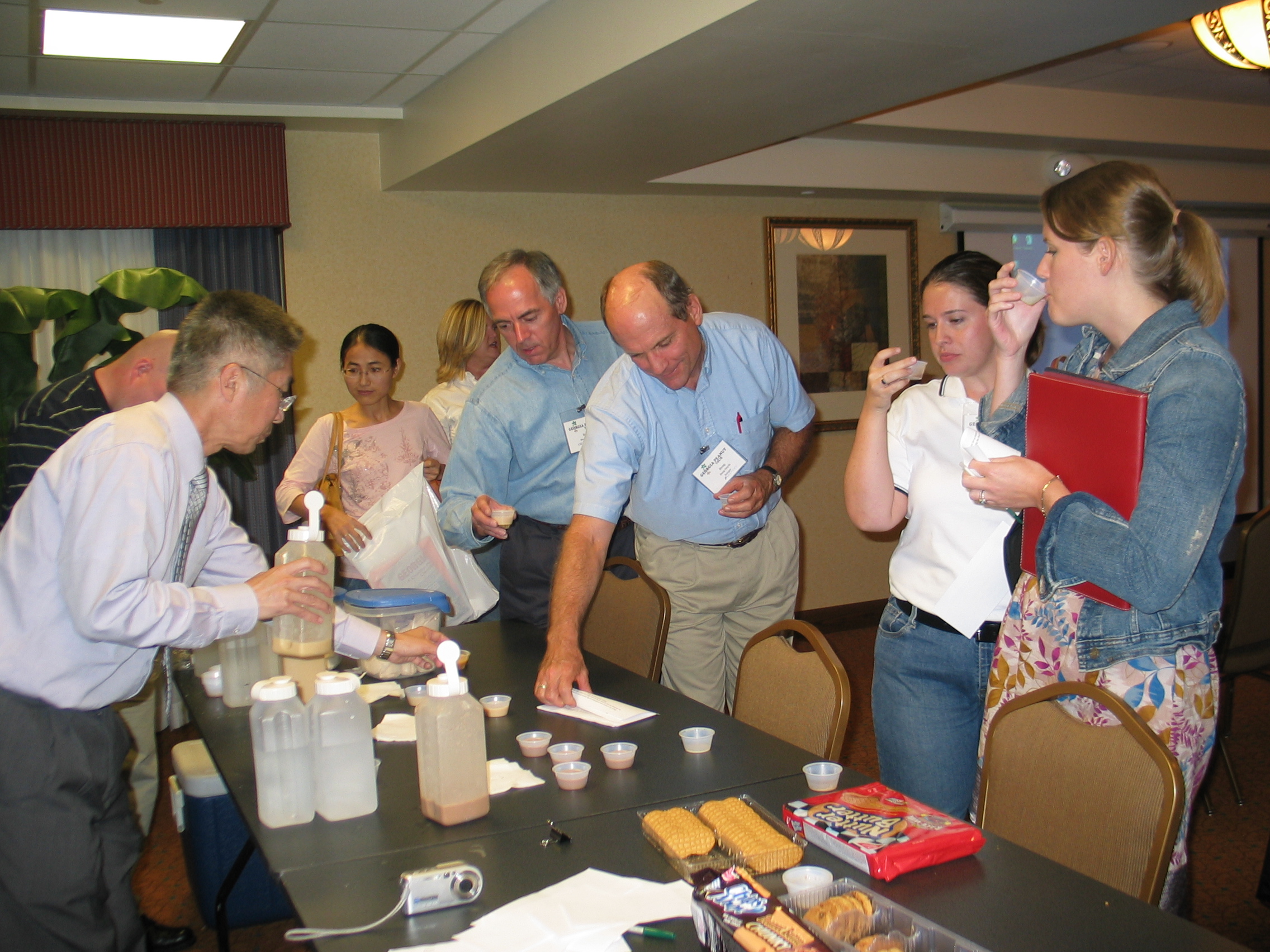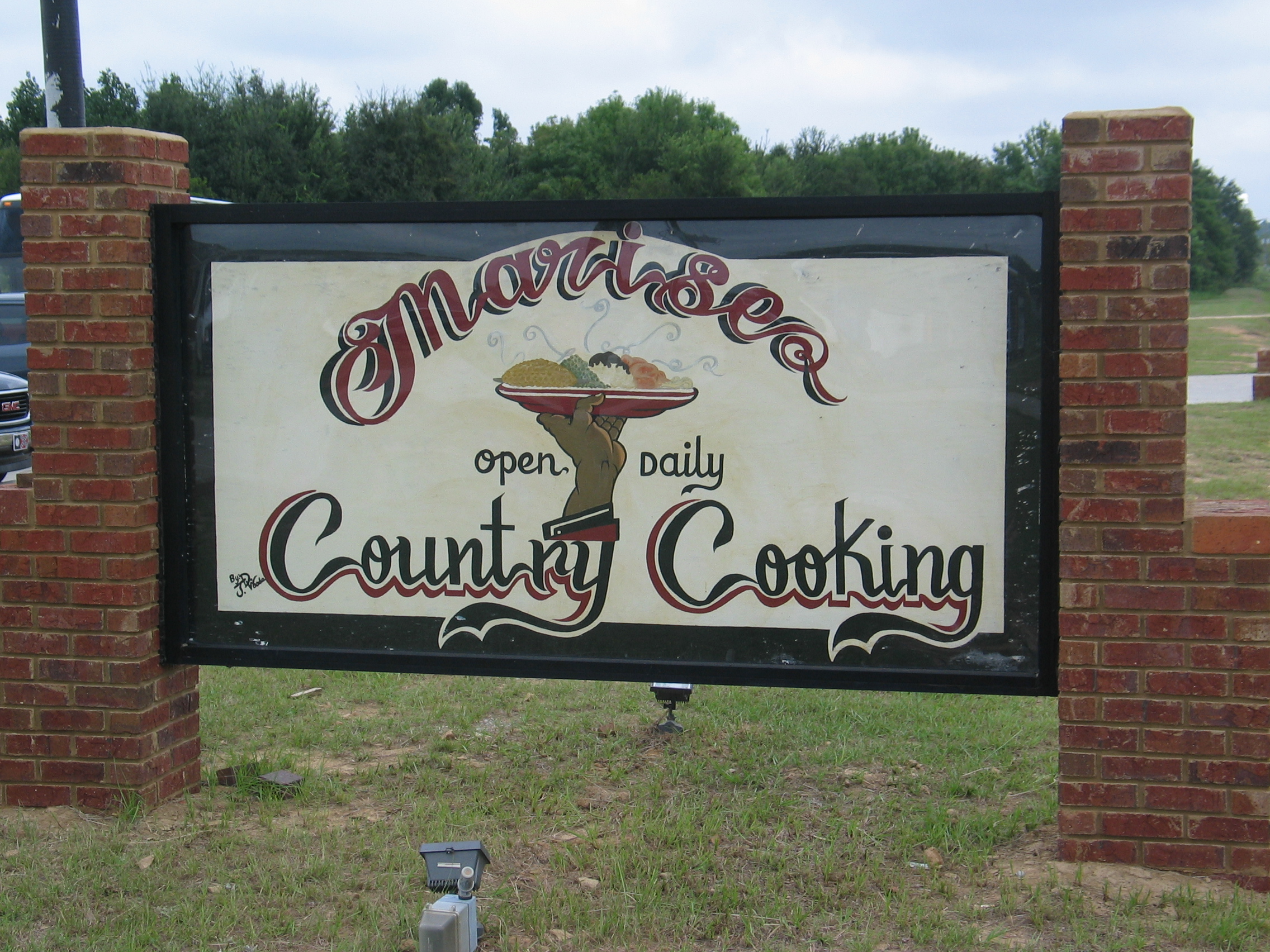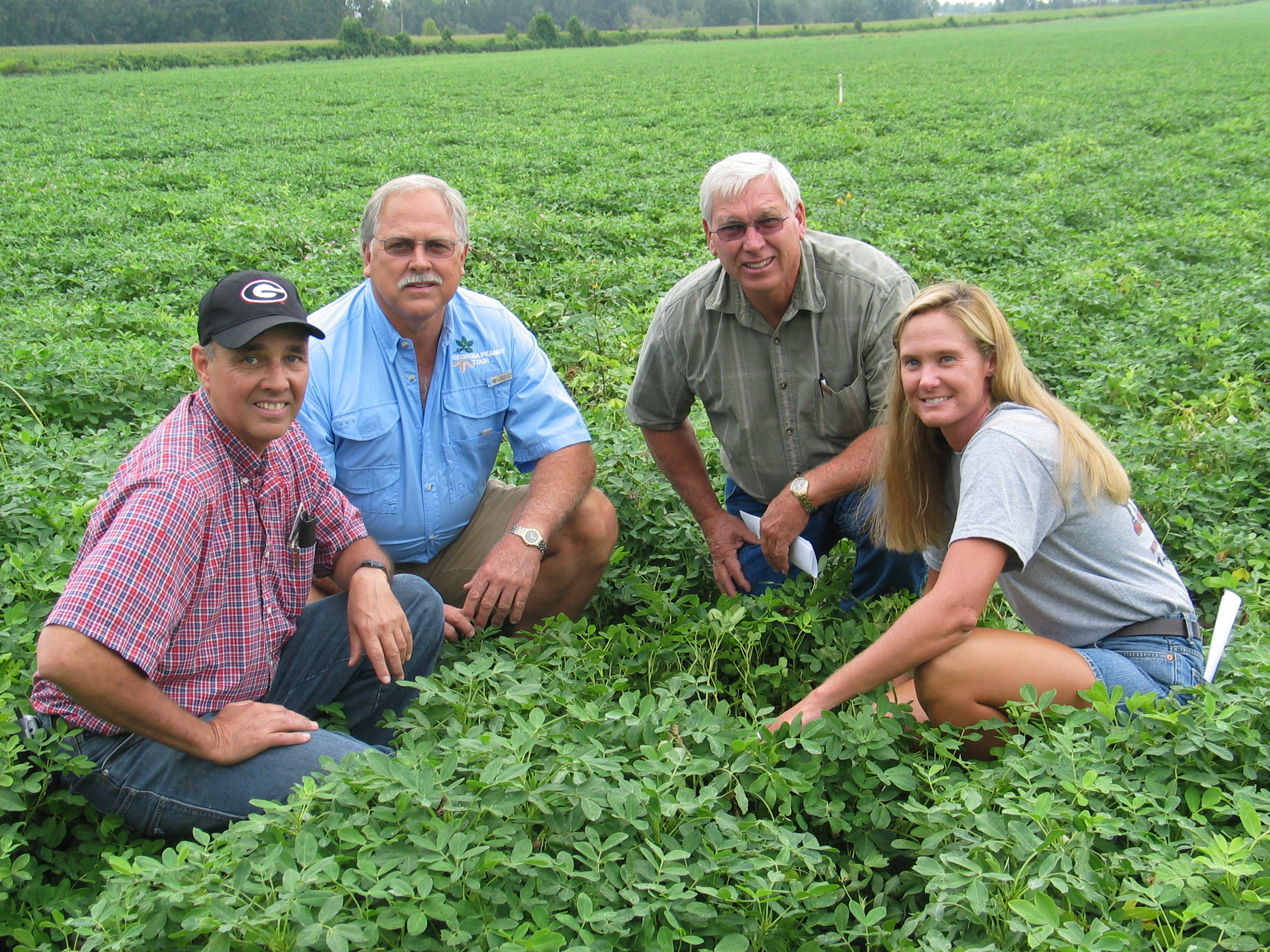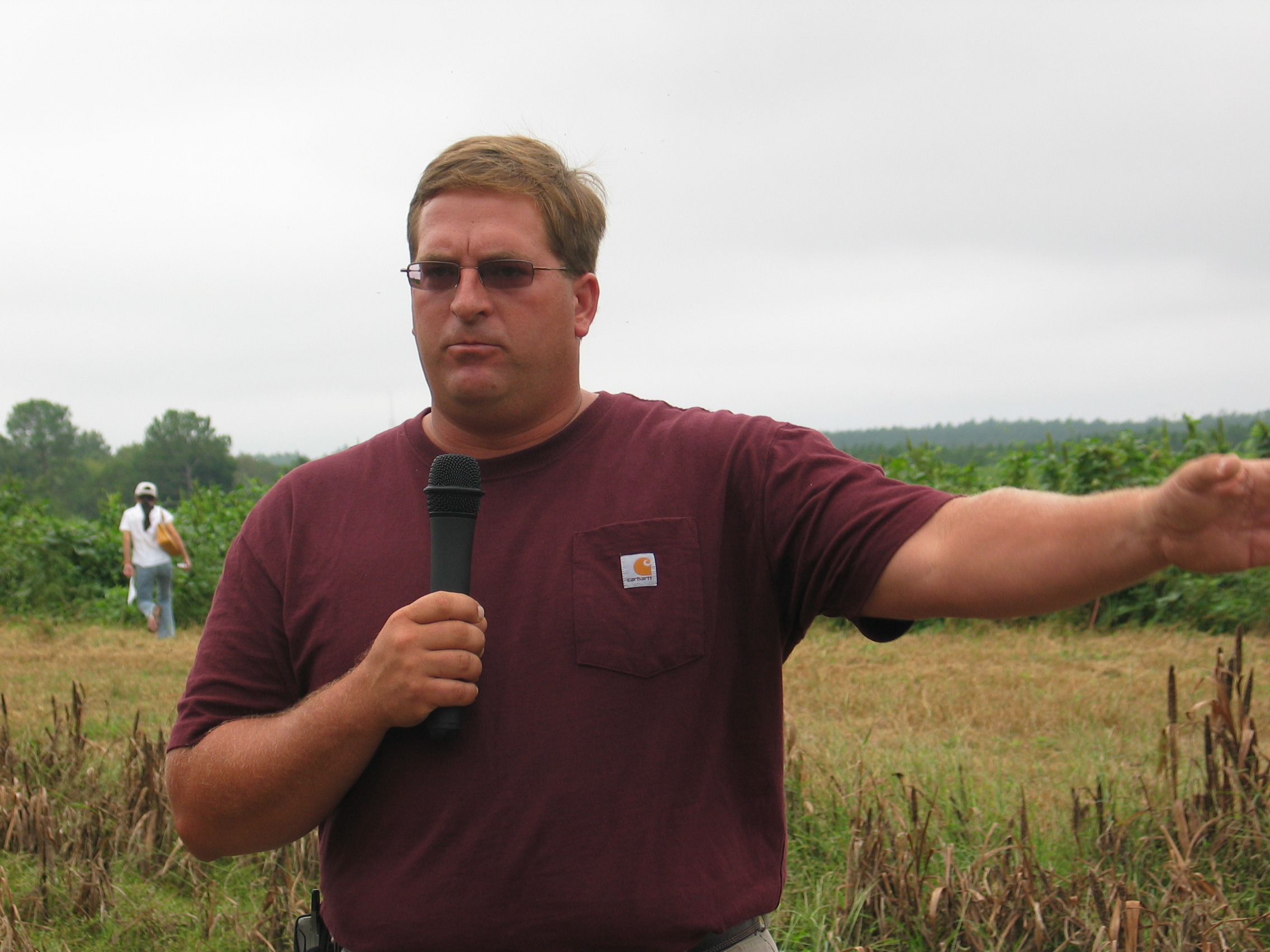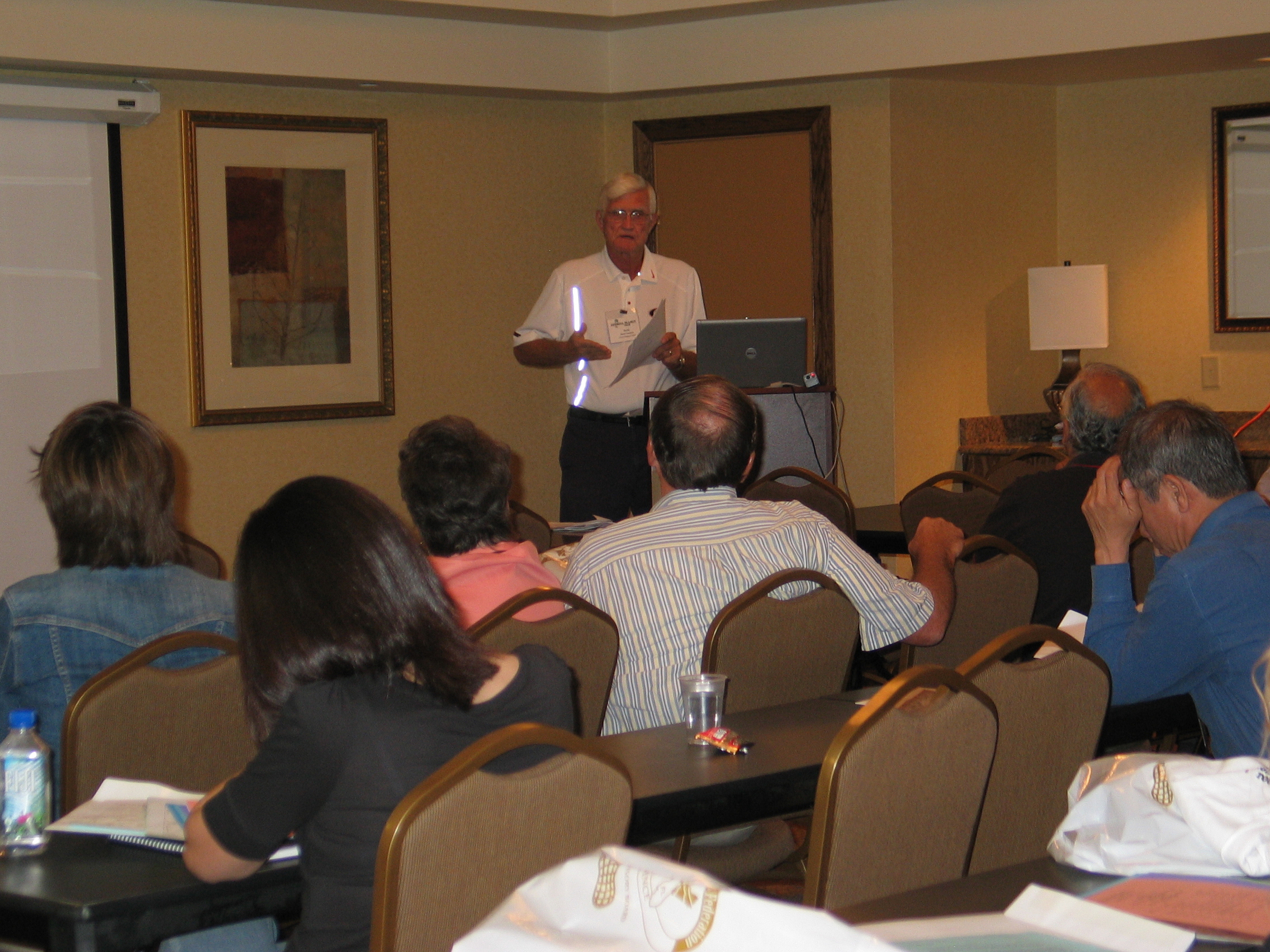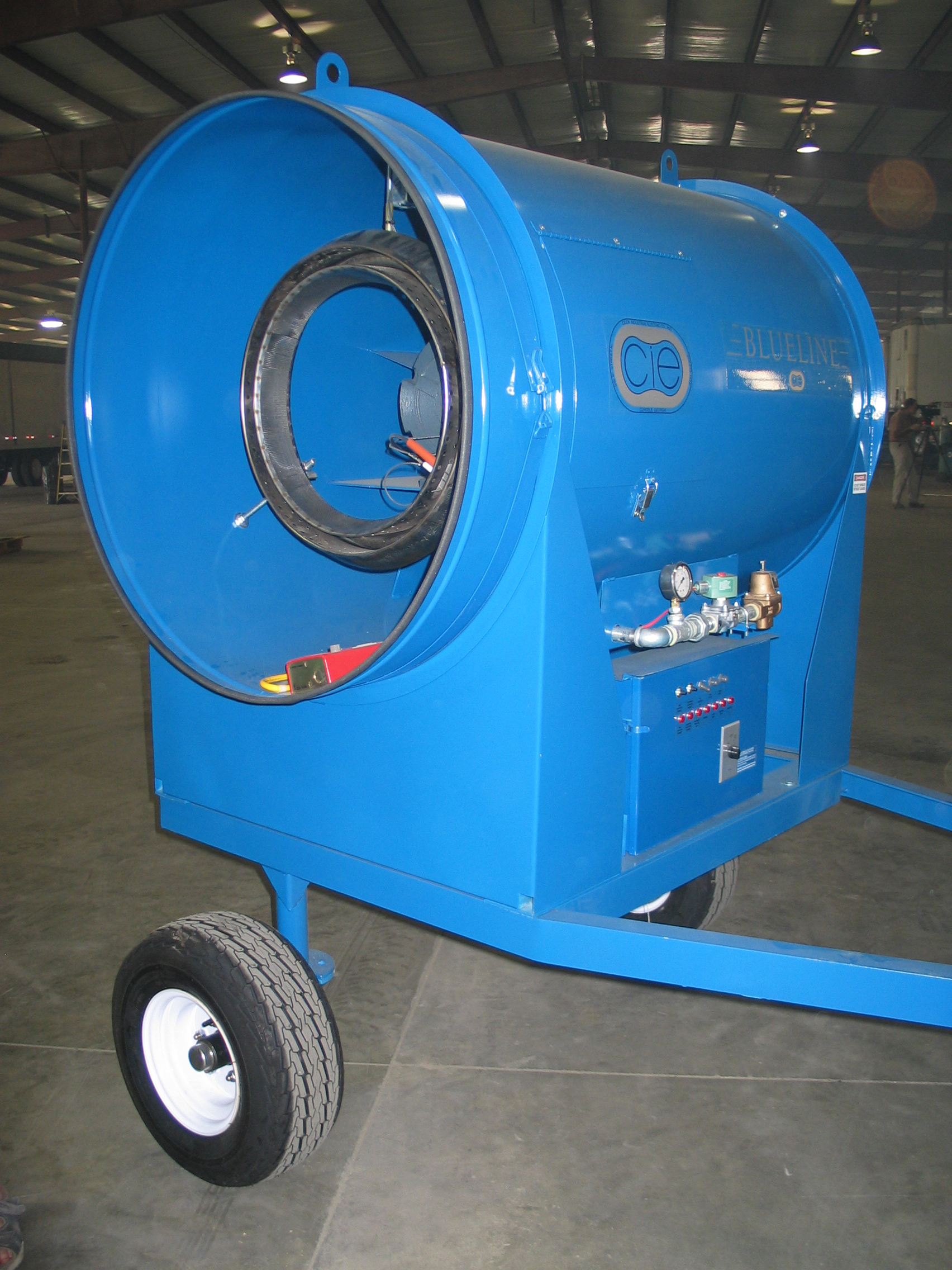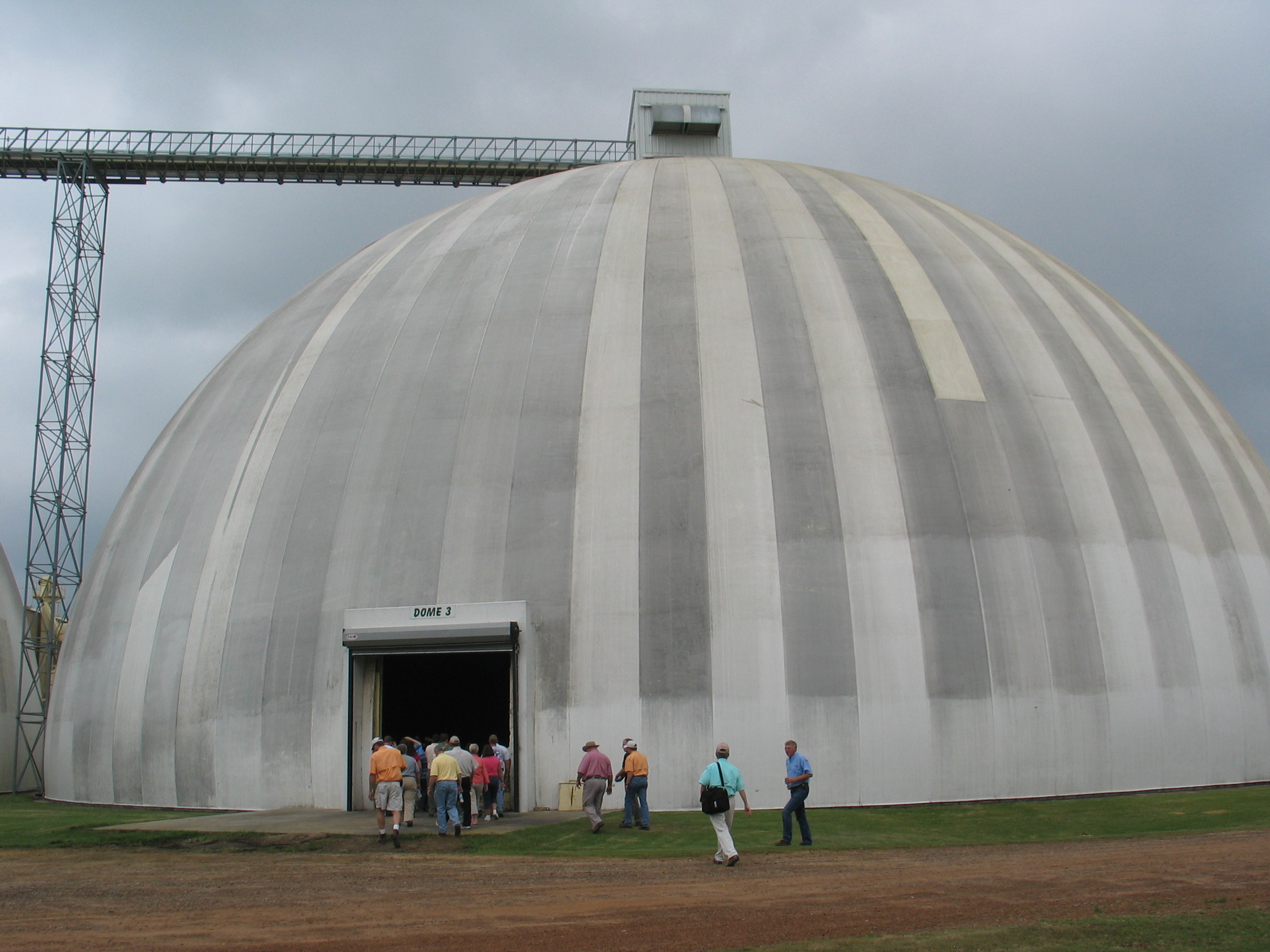 The Georgia Peanut Tour left Vienna and headed south to Tifton, Ga., home of Tifton Quality Peanuts (TQP). They began shelling operations in August of 2005. The grower owned shelling facility receives peanuts from 24 to 28 Georgia counties annually. The average tonnage shelled for the past 3 years is 77,500 farmer stock tons. The first structure the tour group noticed when they reached TQP is the massive domes. There are three domes on site which hold approximately 13,000 tons each. The plant has the ability to shell 500 to 600 tons of peanuts per day (20 to 25 tons per hour). So where do all the peanuts go? Customers include Mars Snackfoods, Hershey, Tom’s Snacks and Algood Foods Co.
The Georgia Peanut Tour left Vienna and headed south to Tifton, Ga., home of Tifton Quality Peanuts (TQP). They began shelling operations in August of 2005. The grower owned shelling facility receives peanuts from 24 to 28 Georgia counties annually. The average tonnage shelled for the past 3 years is 77,500 farmer stock tons. The first structure the tour group noticed when they reached TQP is the massive domes. There are three domes on site which hold approximately 13,000 tons each. The plant has the ability to shell 500 to 600 tons of peanuts per day (20 to 25 tons per hour). So where do all the peanuts go? Customers include Mars Snackfoods, Hershey, Tom’s Snacks and Algood Foods Co.
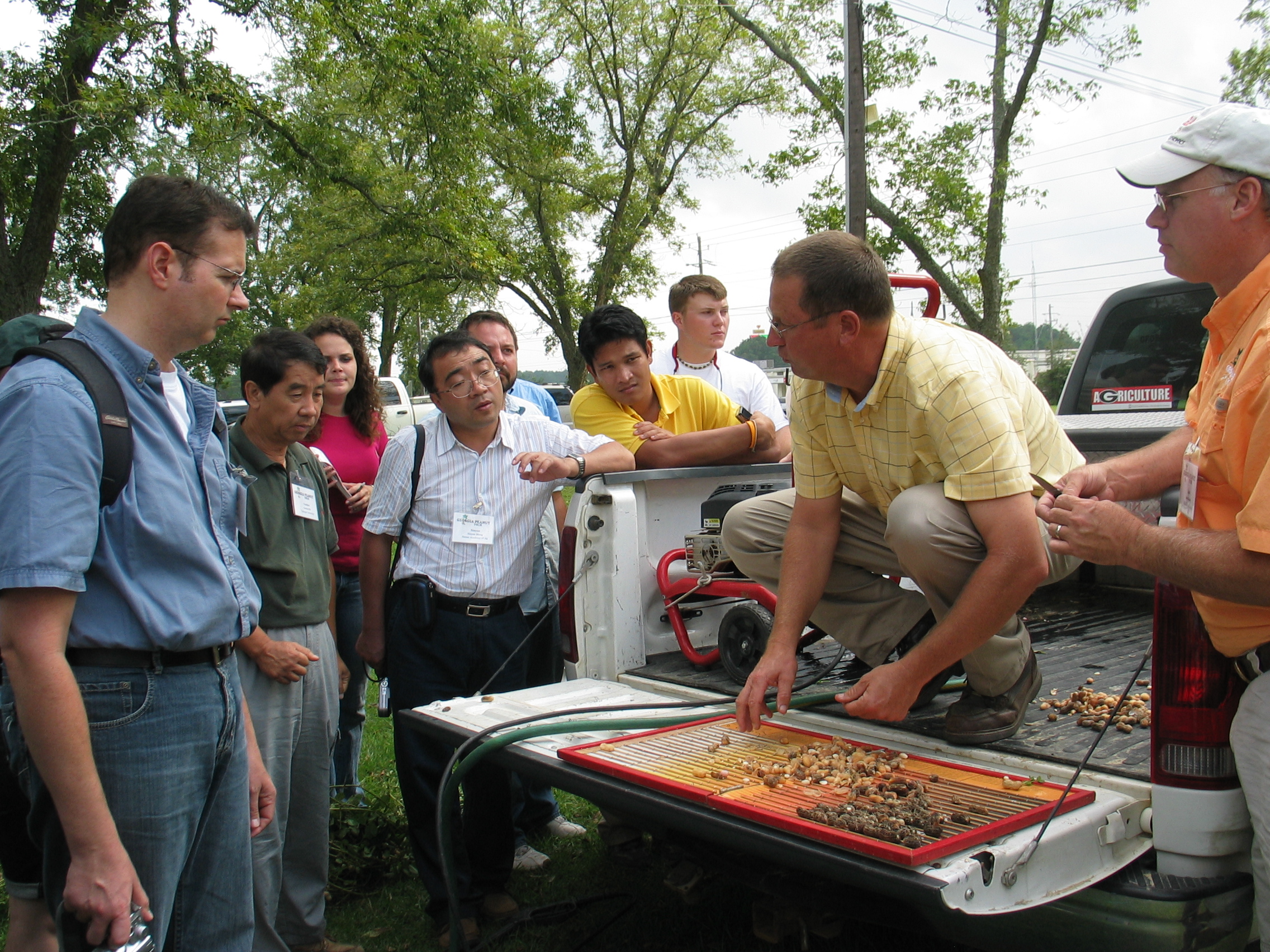 While at this tour stop the group also learned how farmers know when their peanuts are ready in the field for harvest. Tift County Extension Coordinator Brian Tankersley and John Beasley, University of Georgia peanut agronomist, explained the hull-scrape method and how farmers use it to determine peanut maturity. Farmers take a sample of their peanuts from the field and use water pressure with a turbo nozzle to blast the peanuts with water. After a few minutes the hulls of the peanuts will turn a different shade of colors based on their maturity. The peanuts are then placed on a peanut profile board based on the color of the hulls. The farmers use this information to know if their peanuts are mature enough to harvest. If so, the farmers head to the field and begin plowing up their peanuts.
While at this tour stop the group also learned how farmers know when their peanuts are ready in the field for harvest. Tift County Extension Coordinator Brian Tankersley and John Beasley, University of Georgia peanut agronomist, explained the hull-scrape method and how farmers use it to determine peanut maturity. Farmers take a sample of their peanuts from the field and use water pressure with a turbo nozzle to blast the peanuts with water. After a few minutes the hulls of the peanuts will turn a different shade of colors based on their maturity. The peanuts are then placed on a peanut profile board based on the color of the hulls. The farmers use this information to know if their peanuts are mature enough to harvest. If so, the farmers head to the field and begin plowing up their peanuts.

